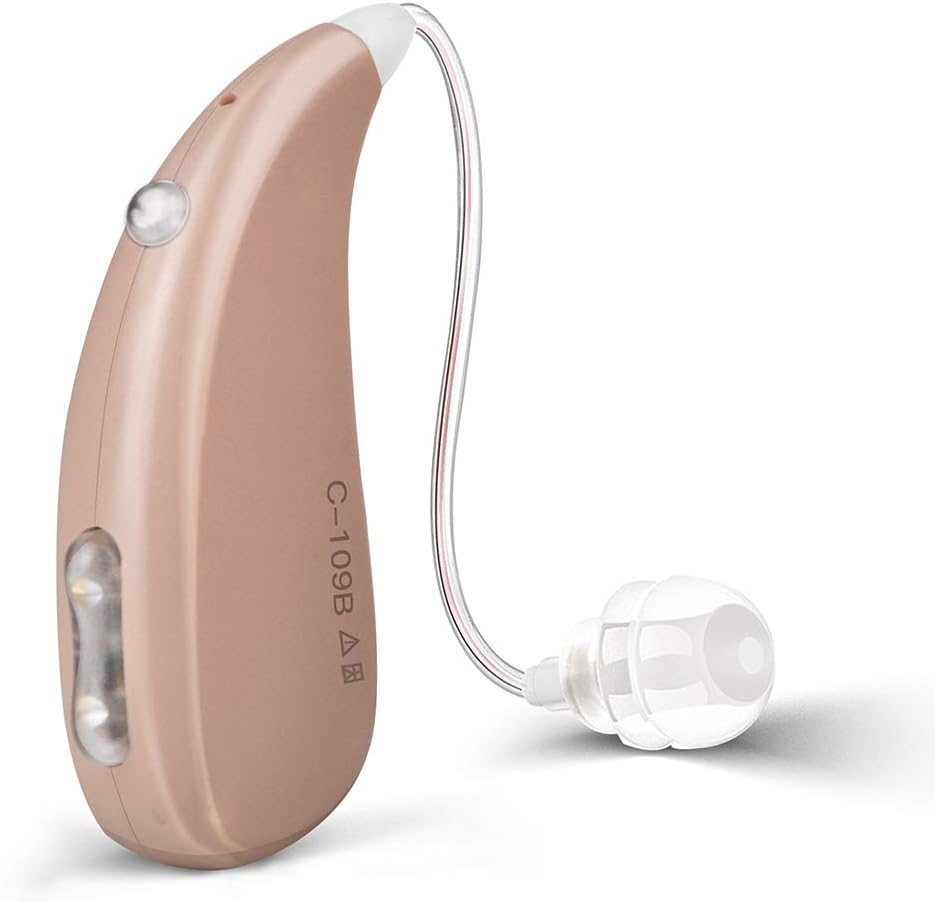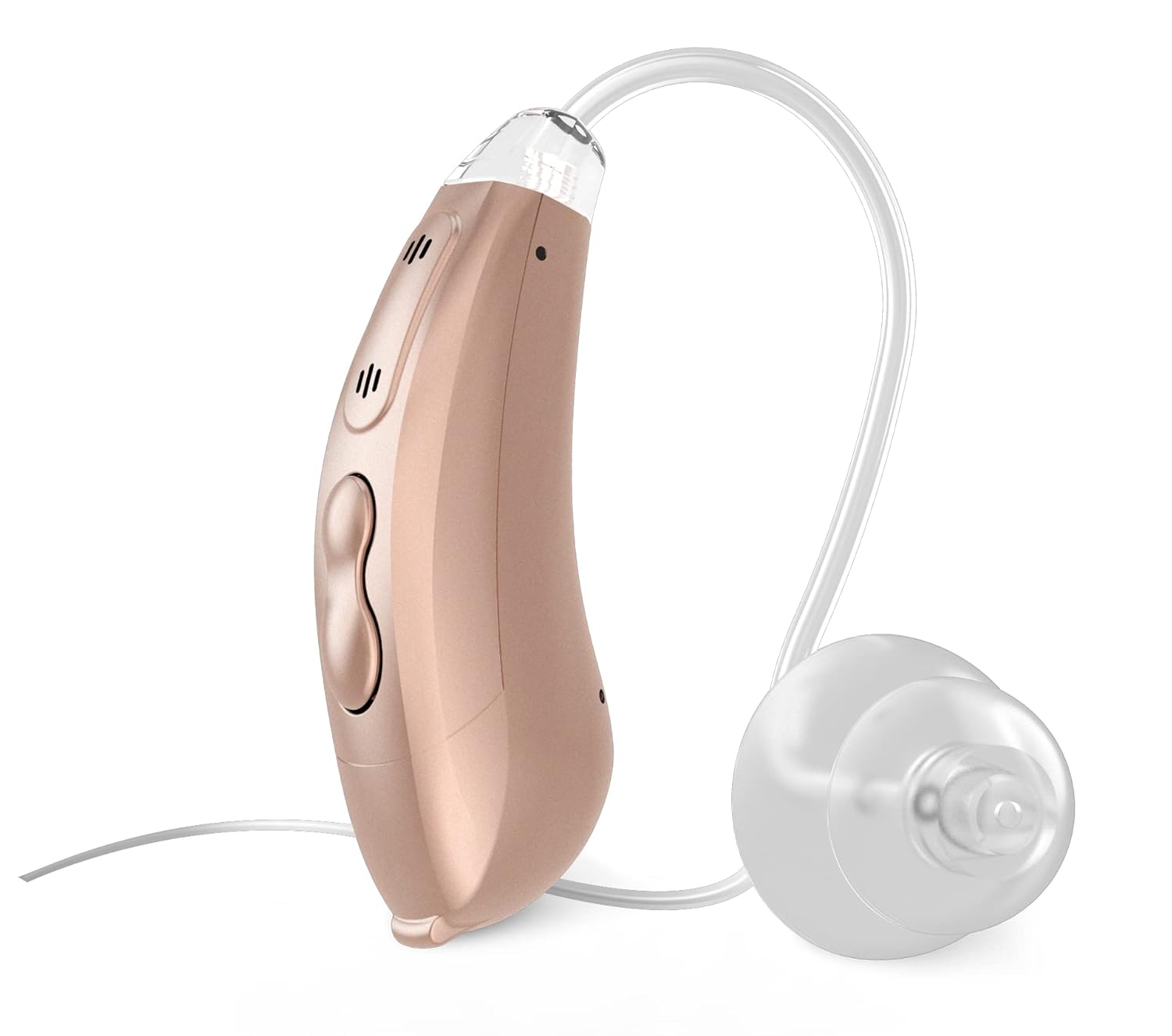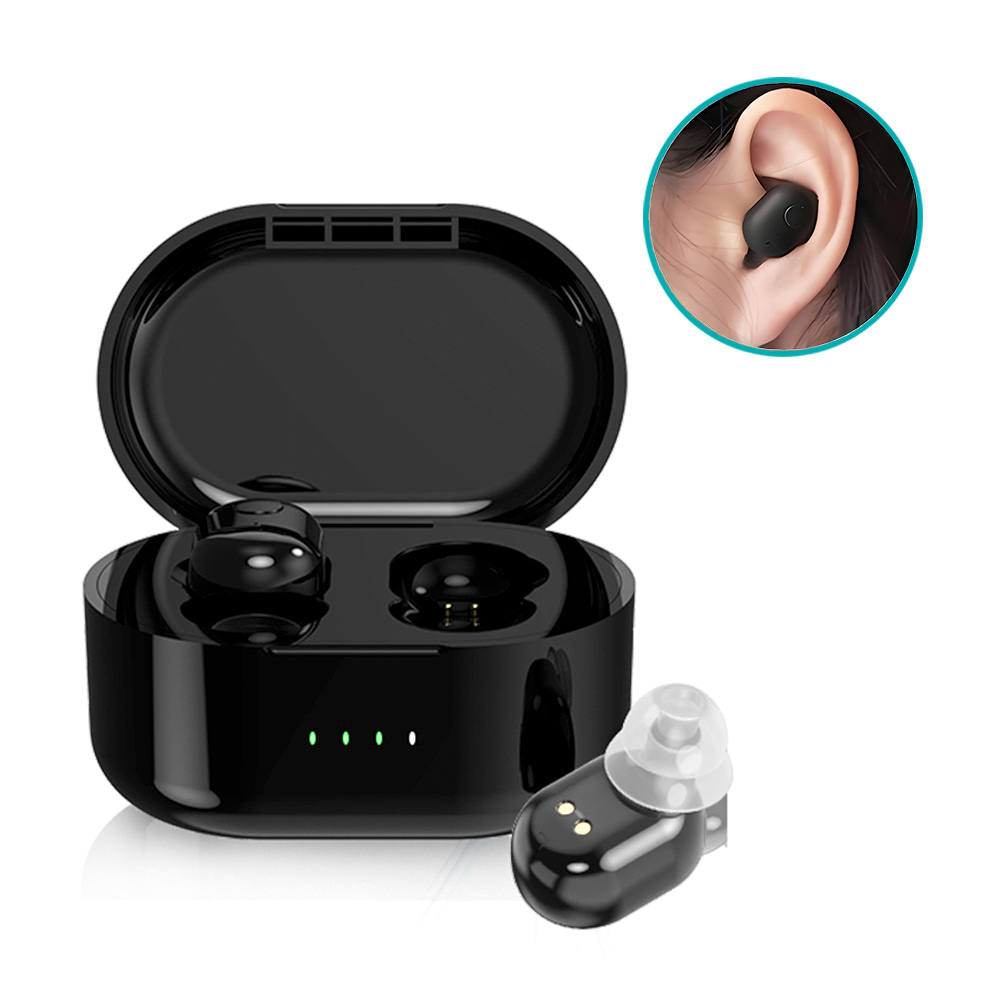
There is no way to know for sure without a completing a hearing test by an audiologist, however, there are some warning signs that may indicate if you have a hearing loss. Ask yourself the following questions and if the answer is to any of the questions, you likely have a hearing loss and should have your hearing evaluated by an audiologist:
- Do I hear a ringing in my ears or head that is not present in the environment? If the answer is yes, you are experiencing tinnitus, which is highly correlated with hearing loss. (Typically, tinnitus is associated only with hearing loss, but it can be a sign of other health issues or a side effect of medications, so be sure to contact a health professional.)
- Does it seem as if other people are mumbling? This is a classic sign of hearing loss. Often, when someone has a hearing loss, some sounds of speech are more audible than other sounds, which is perceived as mumbling.
- Do I hear better out of one ear than another? Normal hearing individuals have the same degree of acuity in each ear. If one ear appears to hear better than the other, that means that at least one ear likely has hearing loss. (Similar to tinnitus, hearing loss in one ear can also be a sign of other health issues and you should consult with a health professional.)
- Has there been a rapid decline or fluctuation in my hearing? In normal hearing individuals, hearing does not fluctuate very much, if at all, and so this is likely a sign that your hearing is declining. And, if your hearing is fluctuating frequently, you should visit an audiologist or physician relatively soon so as to possibly avoid permanent hearing loss.
- Have I been exposed to high intensity noise? Frequent exposure to moderately high levels of noise, or, a single instance of very high levels of noise can cause temporary or permanent hearing loss.
- Is there a history of hearing loss in my family? Some forms of hearing loss are genetic in nature, and if certain family members have or have had hearing loss, you may be at risk yourself.
- Am I in good health? Heart disease, diabetes, thyroid conditions and side effects of many medications can cause temporary or permanent hearing loss.
- Am I over 50 years of age? This question should be pretty easy to answer. If the answer is yes, then the chances that you have at least a small degree of hearing loss rises significantly. Most individuals over the age of 70 have at least a mild hearing loss.
Again, the surest way to know if you have a hearing loss, of course, is to have a comprehensive hearing evaluation by a licensed audiologist. Most audiologists participate with insurance carriers and most carriers cover the cost of a hearing test. However, even if you do not have insurance coverage, the cost of a basic hearing test is typically less than $150 and often less than $100.
The above is the interpretation of How Do I Know If I Have Hearing Loss? provided by Chinese hearing aid supplier Shenrui Medical. Link https://www.sengdong.com/Blog/305.html of this article is welcome to share and forward. For more hearing aid related information, please visit Blog or take a look at our Hearing aids products







